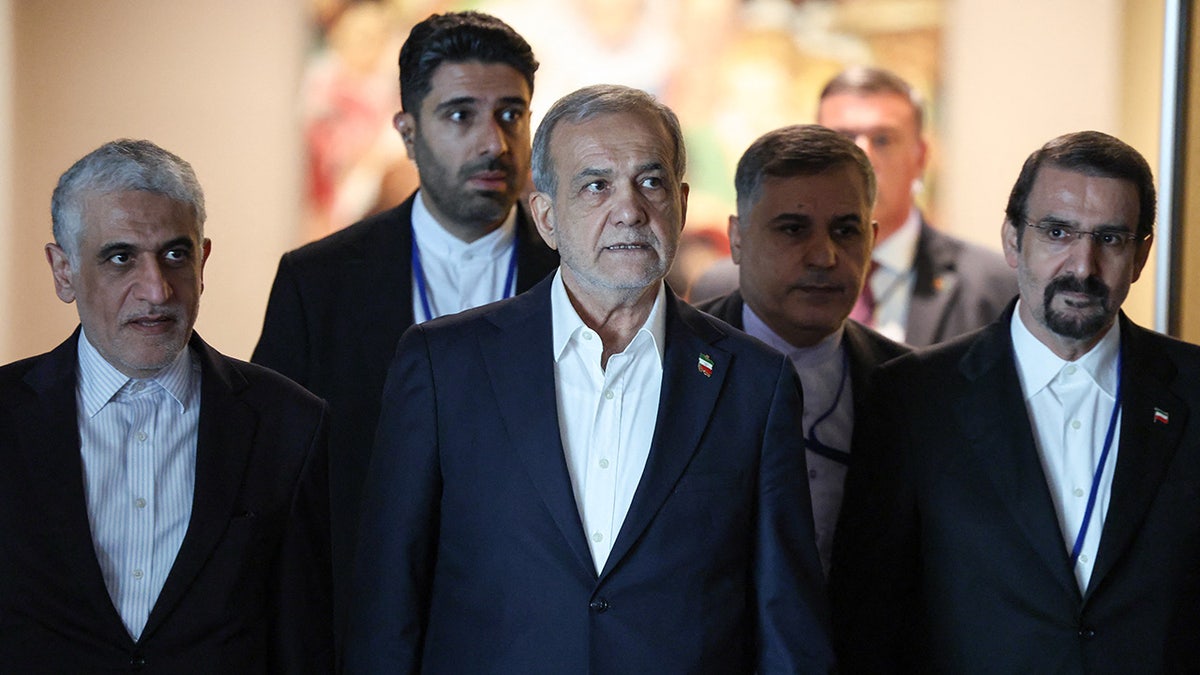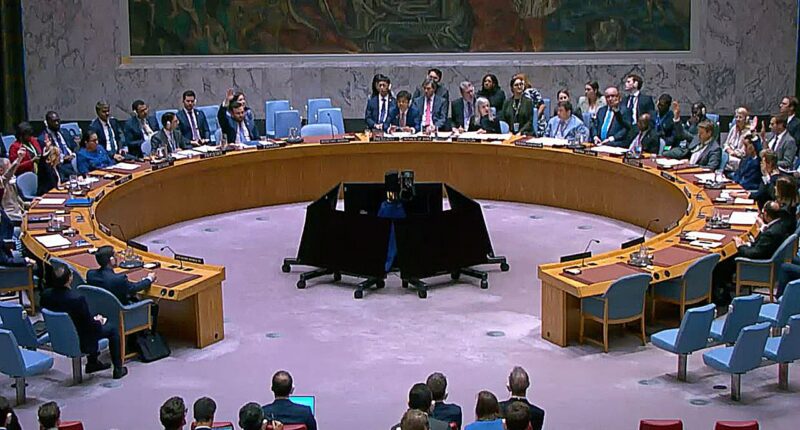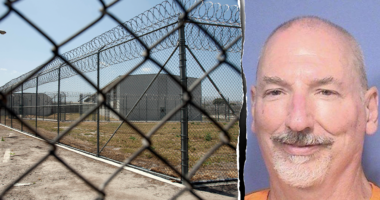Share this @internewscast.com
On Friday, the United Nations did not approve a proposal from China and Russia that aimed to prolong sanctions relief for Iran by another six months in relation to the nuclear agreement.
The proposal was supported by Algeria, China, Pakistan, and Russia, resulting in a 4 to 9 vote against it. Nations opposing the resolution included Denmark, France, Greece, Panama, Sierra Leone, Slovenia, Somalia, the United Kingdom, and the United States.
Guyana and South Korea abstained.
This decision followed the action by Britain, France, and Germany, who invoked the agreement’s “snapback” clause, reinstating sanctions on Iran after talks regarding its nuclear program stalled.
Iran’s foreign minister, Abbas Araghchi, had also been meeting with his French, German and British counterparts in the lead-up to the U.N. vote.
A European diplomat told The Associated Press the meeting “did not produce any new developments, any new results.”
On Tuesday, Ayatollah Ali Khamenei, Iran’s supreme leader, declared that Iran would not yield to external pressures and emphasized that negotiations with the U.S. were at an “impasse.”

Iran’s President Masoud Pezeshkian is seen walking to a meeting with French President Emmanuel Macron on the sidelines of the United Nations General Assembly in New York City on Wednesday. (Ludovic Marin/AFP via Getty Images)
In an interview on Friday, Iranian President Masoud Pezeshkian called the decision “unfair, unjust and illegal.”

















